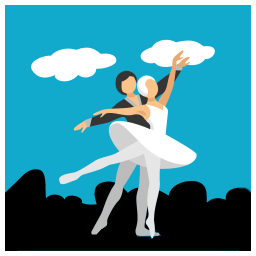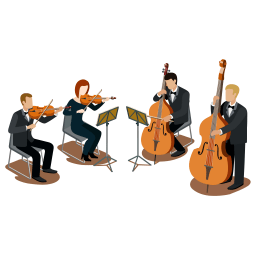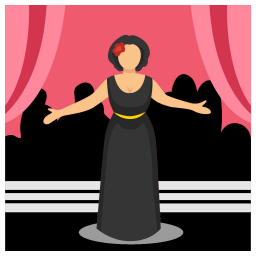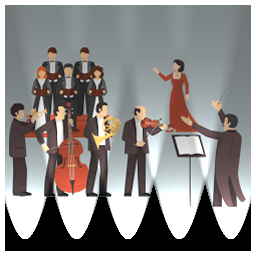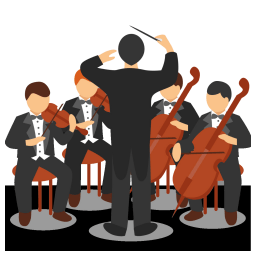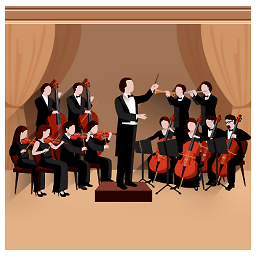Aria is the Italian word for "air." In musical circles, an aria is a melodic vocal solo. The soloist portrays the feelings or mood of the characters in an opera or oratorio, thereby expressing the emotions of the characters in the story. The aria offers the singer the...
Ballet has been entertaining audiences for over 400 years, since the 17th century though other forms of theatrical dancing date back as far as ancient Greece. French composers Jean-Baptiste Lully and Jean-Phillippe Rameau are given credit for incorporating..
Divertimento originates from the Italian word for "diversion." It was a light versatile composition primary used for entertaining special guests or visiting dignitaries. The divertimento might be written in three, five, or up to...
In simple terms, Opera is a musical theatrical drama in which the actors are singers. The majority of acting parts will be sung as opposed to spoken as in a play. Opera has been famously loved for centuries for its wealth of style..
The origin of the oratorio is Italian, based on the Latin oratorium oratory. Another of the large scale musical forms, the oratorio stems from the music composed during the 16th century for the Church of the Oratory of St. Philip Neri...
The Overture is an introduction into a more dramatic musical performance such as an opera or ballet. Some overtures are used in concert as a complete stand alone composition. Early overtures began with a fast moving style..
The Singspiel, German for "play with singing," originated in the mid 16th century with upcoming Austrian and German composers. During this period numerous comic singspiel compositions were produced. The singspiel form as we...
The symphony is a large musical composition for orchestra which is usually written in four linked movements. The word Symphony is of Greek origin and is defined as "sounding together." The term was applied to various forms of ensemble music..



